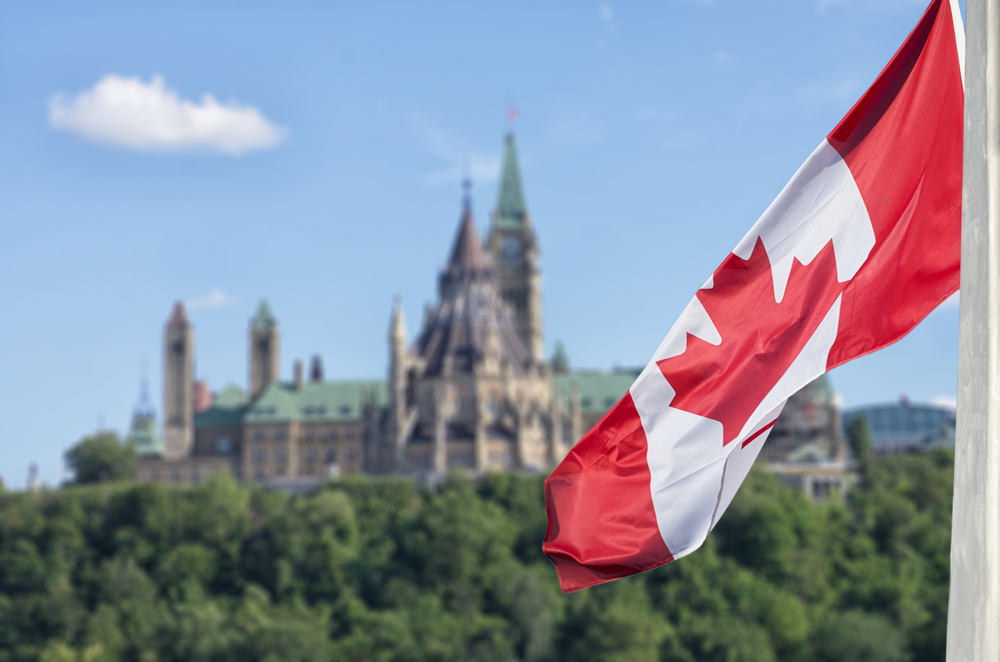The Immigration and Refugee Protection Act (IRPA) will be reviewed, according to Immigration, Refugees and Citizenship Canada (IRCC), as part of the newly announced Strategy: An Immigration System for Canada’s Future.
The Strategy describes the adjustments that IRCC plans to implement in the upcoming years to enhance processing and develop a more encompassing immigration strategy.
They will accomplish this by categorizing items into three pillars:
- Make the country more hospitable to immigrants
- Match immigration with labor market demands.
- Create a thorough, well-coordinated expansion plan.
The legislation that established the foundation for the IRCC’s operations and governed Canada’s immigration laws is known as the IRPA. Making Canada a more hospitable place for immigrants to immigrate is the foundation for any potential IRPA improvements. According to IRCC, this entails operating in a prompt, predictable, equitable, contemporary, and efficient manner.
Since IRPA is the law that underpins most of the IRCC’s programs, rules, and procedures, the department argues that it is appropriate to evaluate if any legislative reforms or amendments are necessary. 21 years have passed since it entered into effect in 2002, and it has never been properly reviewed.
 The most recent significant update from IRPA
The most recent significant update from IRPA
It was not until June 2002 that IRPA took on its current shape. Before that, Canada’s primary immigration law, the Immigration Act, was created in 1976 and went through several revisions during its existence. The purpose of IRPA was to create more contemporary and straightforward legislation so that Canada’s immigration and refugee safety mechanisms could adapt to emerging challenges and opportunities.
Additionally, it sought to provide a more precise definition of the main categories of non-natives, including economic class, family class, conventional refugees, and others in related situations.
How The IRPA Update Helps
IRPA encompasses laws about almost all facets of the immigration minister’s duties and the appropriate methods for doing them.
According to the Strategy, IRPA’s evaluation will assist in removing obstacles to accepting the immigrants Canada’s future needs.
Legislation like the recently introduced category-based Express Entry is made possible by the IRPA. It might be possible to create additional channels for immigrants with in-demand talents through an evaluation and update.
It also establishes how the federal and local governments of Canada collaborate to share immigration-related duties. Provincial governments can recommend economic immigrants via the Provincial Nominee Program (PNP) thanks to deals the IRCC has with the provinces and territories. Each province receives a set amount of nominations from the federal government.






